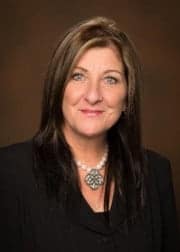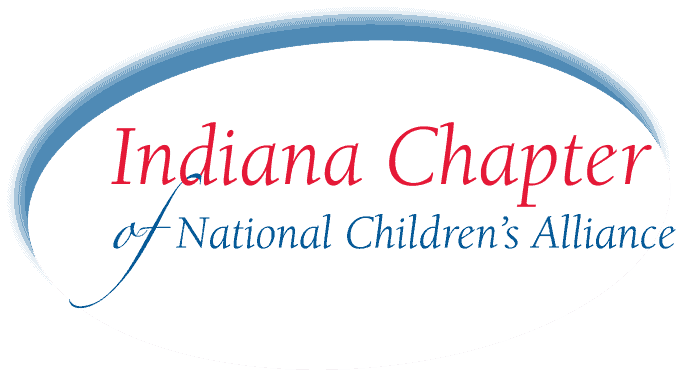Forensic interviewers, child advocacy center staff, law enforcement, and other members of multidisciplinary teams across Indiana took part in ChildFirst® Expanded training in August and September. These events—organized by the Indiana Chapter—have helped new and experienced front-line workers understand how to provide a child an opportunity to meet with a forensic interviewer more than one time in a purposeful and legally defensible manner. This has a significant impact on the way child abuse cases are investigated in Indiana.
ChildFirst® Expanded Forensic Interview includes, among other things, several ways to:
- Holistically discover more instances of abuse or neglect during a forensic interview;
- Conduct more than one forensic interview with a child over time in a purposeful, legally defensible way and;
- Understand how culture and family dynamics can impact the child into adulthood.

The training is developed by the Zero Abuse Project, a global organization that develops evidence-based training for conducting forensic interviews of children. Rita Farrell, Director of Child First, says, “We’re still the most widely used protocol in the United States, with 60% of professionals in this work using Child First.” Indiana was the second state in the country to adopt the protocols in 2001. Since then, they have informed how CACs and investigators conduct forensic interviews, what questions they ask and how, and how to respond to a child in crisis in twenty-one states, Japan, and Colombia.
“We continue to develop training specifically around populations we serve, how important culture is, and the considerations we need to make with different populations and polyvictimization,” says Farrell. Numerous studies have been conducted over the past decade on ACEs, or Adverse Childhood Experiences, and more is being understood as child victims age into adulthood.
“Research shows 66% of children are experiencing more than one form [of trauma],” says Farrell. Understanding how a child who is experiencing physical abuse, for example, and trafficking and witnessing death and being exposed to drugs at the same time is critical for helping that child recover and heal. “Many children experience four or even eleven forms of abuse,” says Farrell.
Team members who attended the ChildFirst® Expanded training learned how to understand a child’s culture—including their behaviors, tendencies, and looming events like COVID-19. “This pandemic is trauma,” says Farrell. “When we think about isolation, there’s more anxiety, and stress,” she says, adding, “And we teach kids to tell in our interviews and prevention programs. COVID prevented them from telling.”
Suddenly, she says, “The technology world was all they had—and that’s a risky place for kids at times. They didn’t have connections with peers and friends. That’s why our tech-facilitated crimes went up and it created a vulnerability and an increase with those other risk factors,” says Farrell. Those other risk factors included at-home risks, such as parents or family members with substance abuse issues, unemployment, and domestic violence. The result, says Farrell, “Is kids that are more reluctant to talk about things and often don’t know how to talk with trusted adults during a pandemic.”

Therein lies the impetus for the Chapter facilitating this training. MDT members understood the risks early on, but now that lockdowns are lifted and most kids are back around trusted adults most of the time, abuse cases are seeing significant increases nationwide. Data from Indiana won’t formally be available until after this year, but most CACs across the state are seeing a crush of cases with few breaks in-between.
Teachers, too, can benefit from other trainings developed by Farrell, such as FIRST Response to Child Maltreatment, empowering educators to help identify the signs and changes in children. “ACEs scores have gone up,” says Farrell, referring to a score associated with various kinds of maltreatment and the duration of the experience. The higher the score the more likely the child is to develop unhealthy behaviors as an adult, such as substance abuse. This can lead to significant costs to them, their families, and society later through a cycle of poverty and incarceration.
“Teachers attend so they can recognize the symptoms of maltreatment,” says Farrell. “They need a holistic view of the child and family’s experiences.”
Having that holistic view is increasingly accepted and is critical for effective response to prevent child abuse, the pursuit of justice and prosecution of abusers, and helping a child heal. “This all defines who children become as adults,” says Farrell.
Teachers and youth workers interested in prevention training for their school or program can often find it from a local Child Advocacy Center. Additional Child First trainings for nurses, prosecutors, forensic interviewers, and other MDT and frontline workers are coming to Indiana in November. Sign up for our email list to be notified or contact us with questions.

